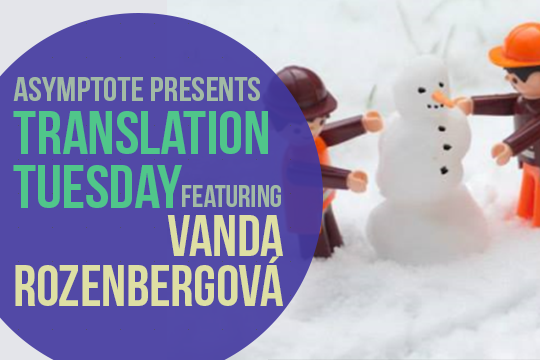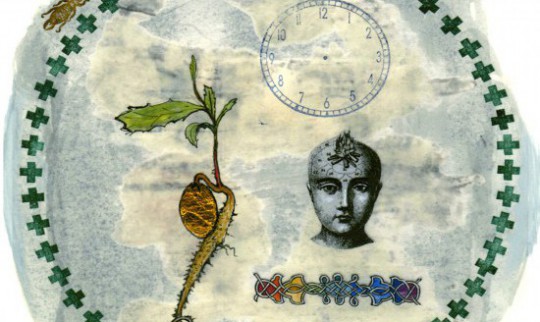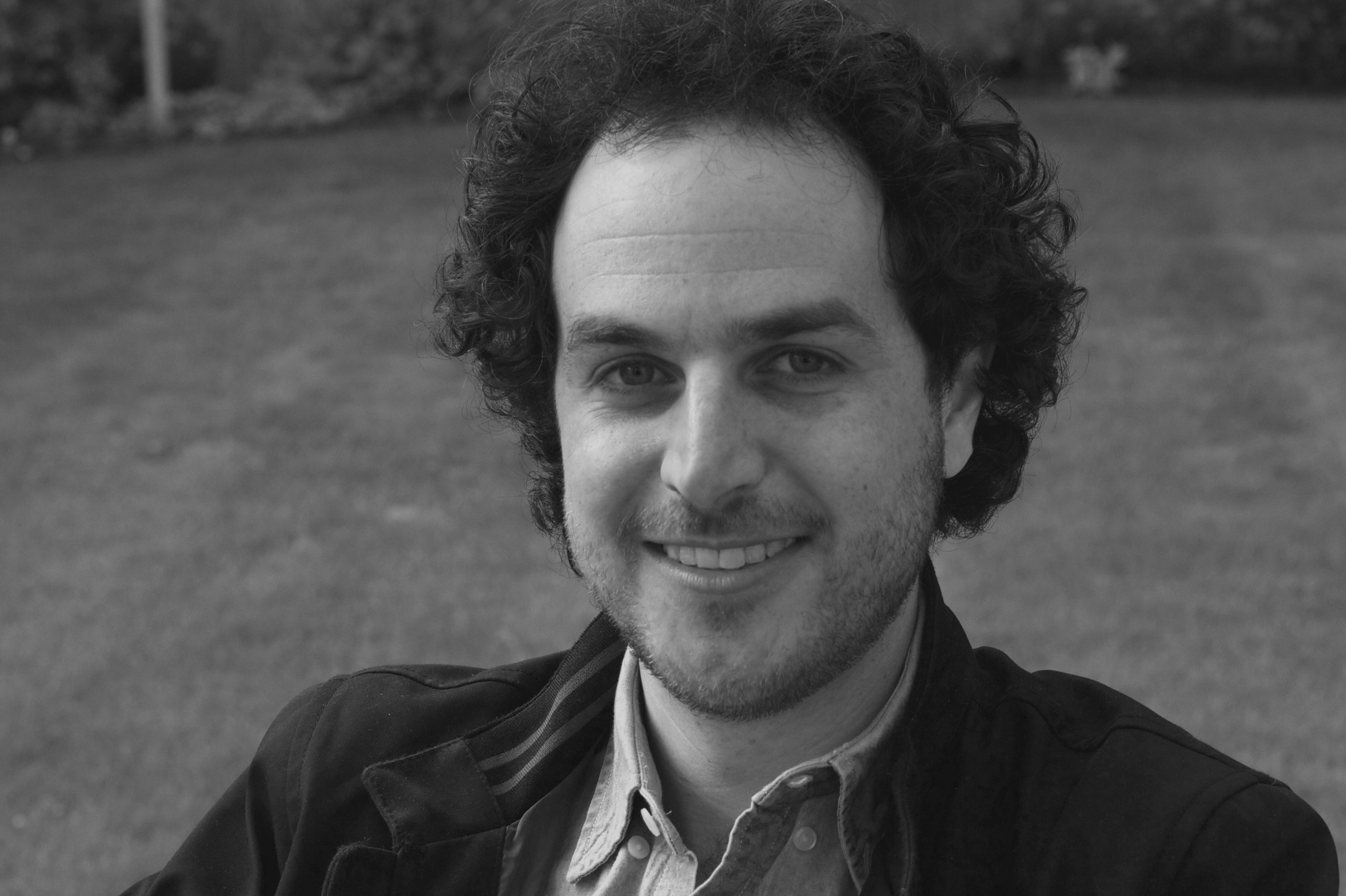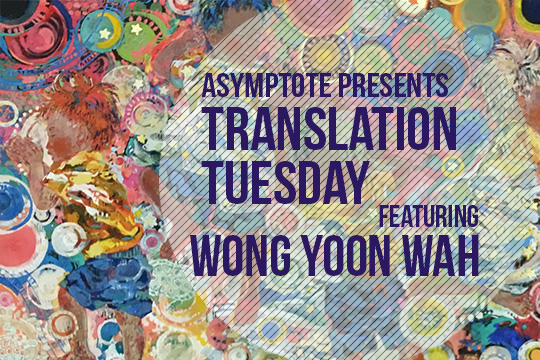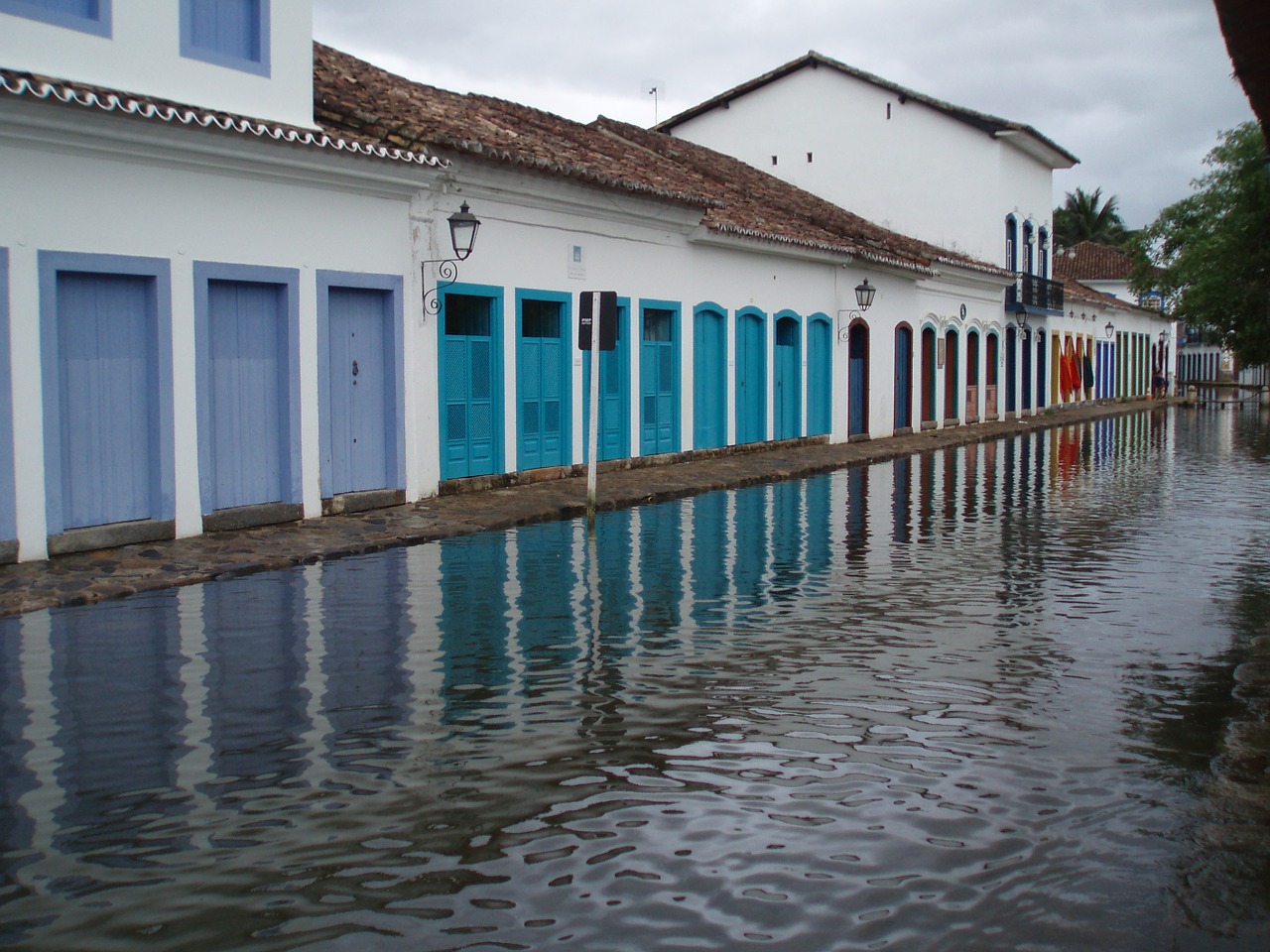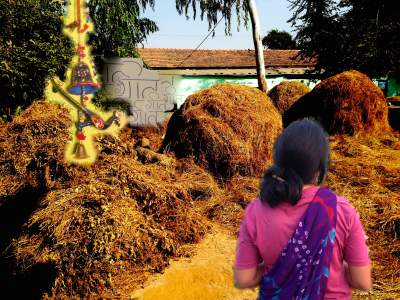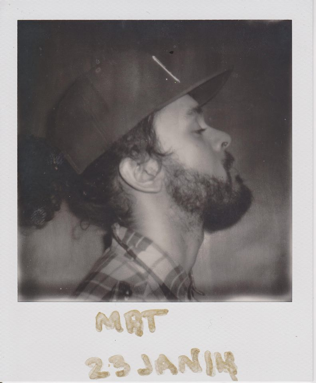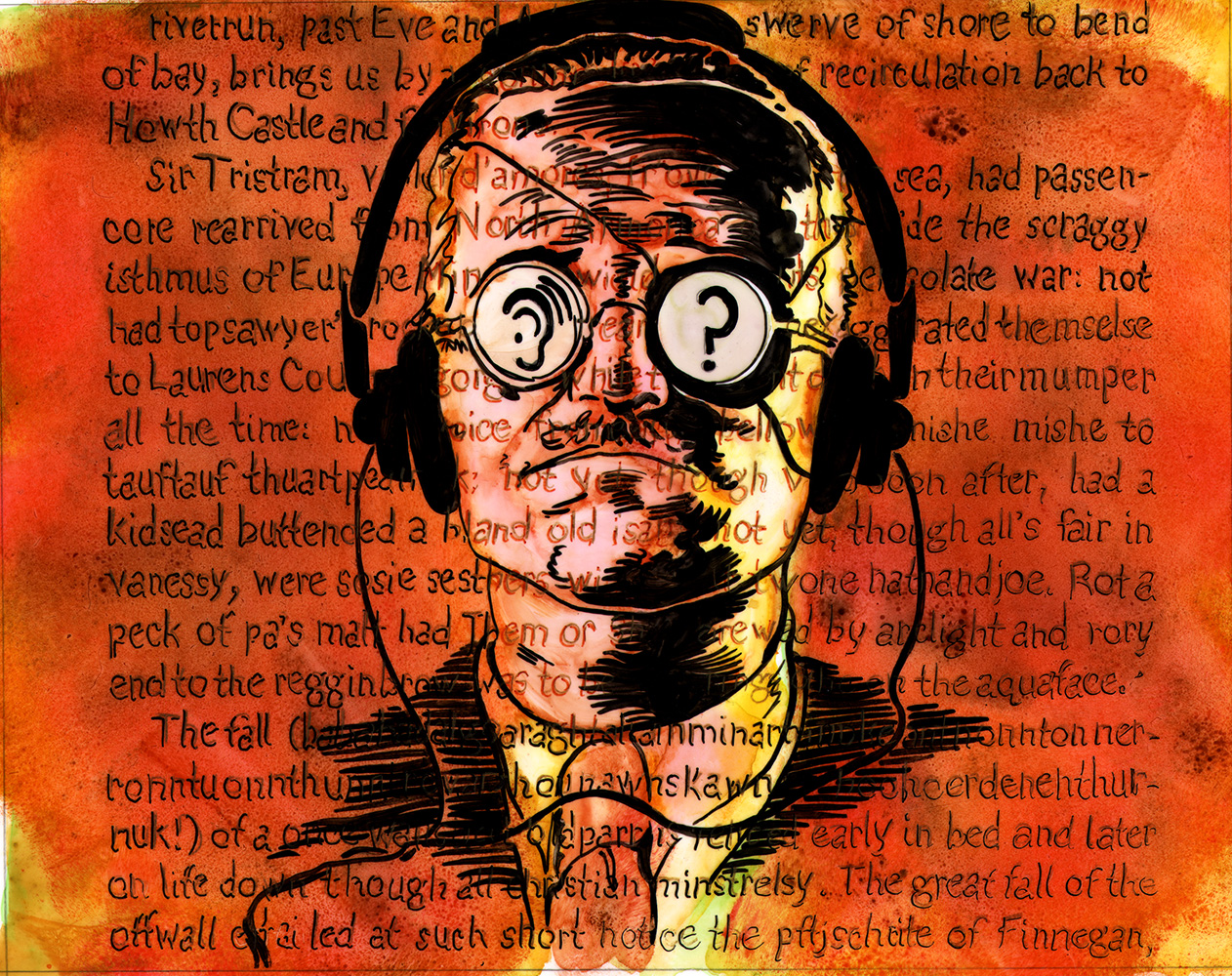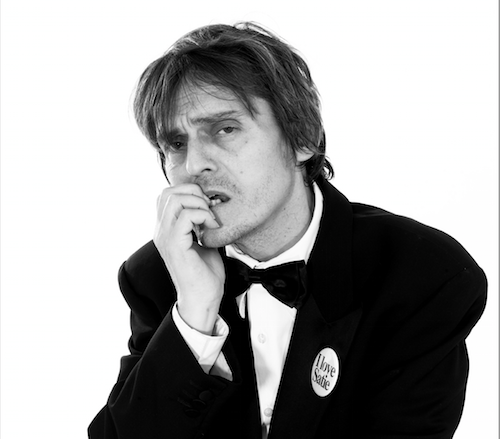Shortlisted for Slovakia’s most prestigious literary prize, the Anasoft Litera, it will not be unfair to say that Vanda Rozenbergová is a master of the short story form. In this story, she explores domestic tensions and dashed dreams through the skillful use of a child narrator.
I was in my room playing with my toy cars but Becko kept taking my black sports car away so I had to give him a slap on the hand, Stop it, Becko! I said. I’d been working on a racetrack for my lorries but because it was a Sunday I had to listen to my mum cursing ‘cause the kitchen is next to my room. “Bloody Sundays,” she said, then I heard a pot lid bang on the floor and a knife strike a chopping board. I used to think she was crying but she was just moaning aloud about having to cook. “I’m as lonely as little orphan Annie,” she kept shouting but Daddy and I had no idea who little orphan Annie was. And there’s another thing I don’t get: why does my mum keep doing stuff she hates, why does she keep roasting meat, peeling potatoes, grating carrots, baking and frying, and why does she always clean up afterwards but never sit down with us to eat and instead say she’s had her fill, having breathed in all the cooking smells. And then in the morning she pulls my trousers up to my ears, bundles me into the car and starts doing her hair as we’re driving and tells me with hairpins in her mouth to eat all my sandwiches at school ‘cause she made them for me even though she didn’t feel like it, she hates making sandwiches, as if I didn’t know she hates making them. I’m sure by next year I’ll be making my own sandwiches. But why does she keep on doing stuff she hates? Why doesn’t she just stay in bed and rest and receive visitors, why doesn’t she give me, Daddy, and Becko a hug and ask us to bring her a cup of tea?
When I ask her about it she blames it all on Daddy, but he’s totally not like her, he loves to lounge around and crack jokes, never in a hurry to go anywhere, not even to work. All my friends like him, and sometimes they go to see him for a chat ‘cause he works in the kebab shop next to our school. He doesn’t serve people at the counter, he’s at the back prepping vegetables. He brings home kebabs and doughnuts but Mum doesn’t eat that kind of stuff so it never makes her happy. Becko is not my real brother, I’ve made him up. I told Dad about him and he said that it was OK, that there was this other world and Becko does exist there. When he said that he was lying on a rug under the window looking at the sky, and then he told me a secret, which is that sometimes on his way home from work he stops by the hospital to see his friend who’s sick. I didn’t know what to say so I asked if at least his friend had a nice room, if it had a telly and stuff like that. Of course there’s a telly, said Daddy, and went over to the next room to put some Icelanders on the stereo. Because my Dad loves Icelanders. He loves Icelandic music and Icelandic people.

